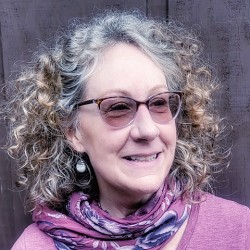Betty Burkes
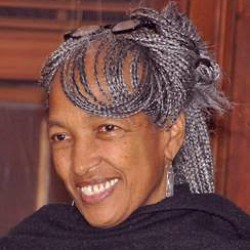
Rosalyn Driscoll

Joseph Goldstein
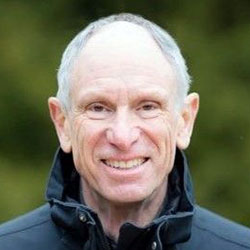
David Green
He is a retired attorney living with his family in Providence, Rhode Island. He grew up in western Tennessee and graduated from the University of Tennessee School of Law. He’s been active in state and regional service leadership roles for family alcohol recovery organizations for the last fifteen years. His meditation and Buddhist practice includes graduation from the Mindfulness Clinic at UMass.; completion of the Dedicated Practitioners Program Five at Spirit Rock (DPP5); and completion of the Nalanda program and reunions at the Barre Center for Buddhist Studies (BCBS). He is a member of the Cambridge Insight Meditation Center and the Insight Meditation Community of Providence. He enjoys the outdoors, especially fishing, canoeing, and hiking.
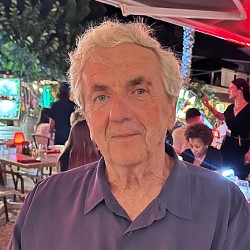
Christopher Ives

Robert Kolodny
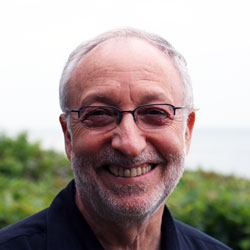
Suzanne McGilvray

Kevin F. Quigley

Bernie Rhie
Bernie Rhie is a professor of English at Williams College and a lay Zen teacher associated with the Ordinary Mind School of Zen founded by Joko Beck. Bernie began his Zen training in 1989 when he moved to the Sonoma Mountain Zen Center, a Soto temple founded by Jakusho Kwong Roshi to carry on the lineage and practice traditions of his teacher, Shunryu Suzuki Roshi. After leaving Sonoma Mountain in 1992, he began studying with Ezra Bayda, and then later with Elizabeth Hamilton as well, and he received dharma transmission from both of them in 2022. Since 2018, he’s led the Williamstown Zen Group, a sitting group based in Williamstown, MA. As a Williams professor, he has been exploring ways to incorporate contemplative practices like meditation into some of his college courses, and he regularly leads meditations around campus for members of the college community.
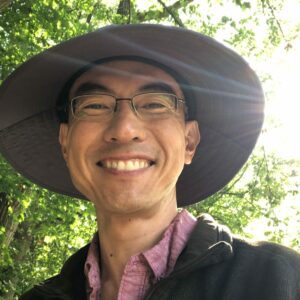
Vivien Roman-Hampton
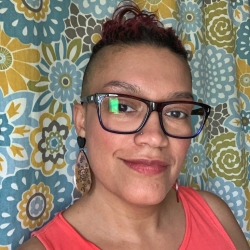
Lynn Whittemore
